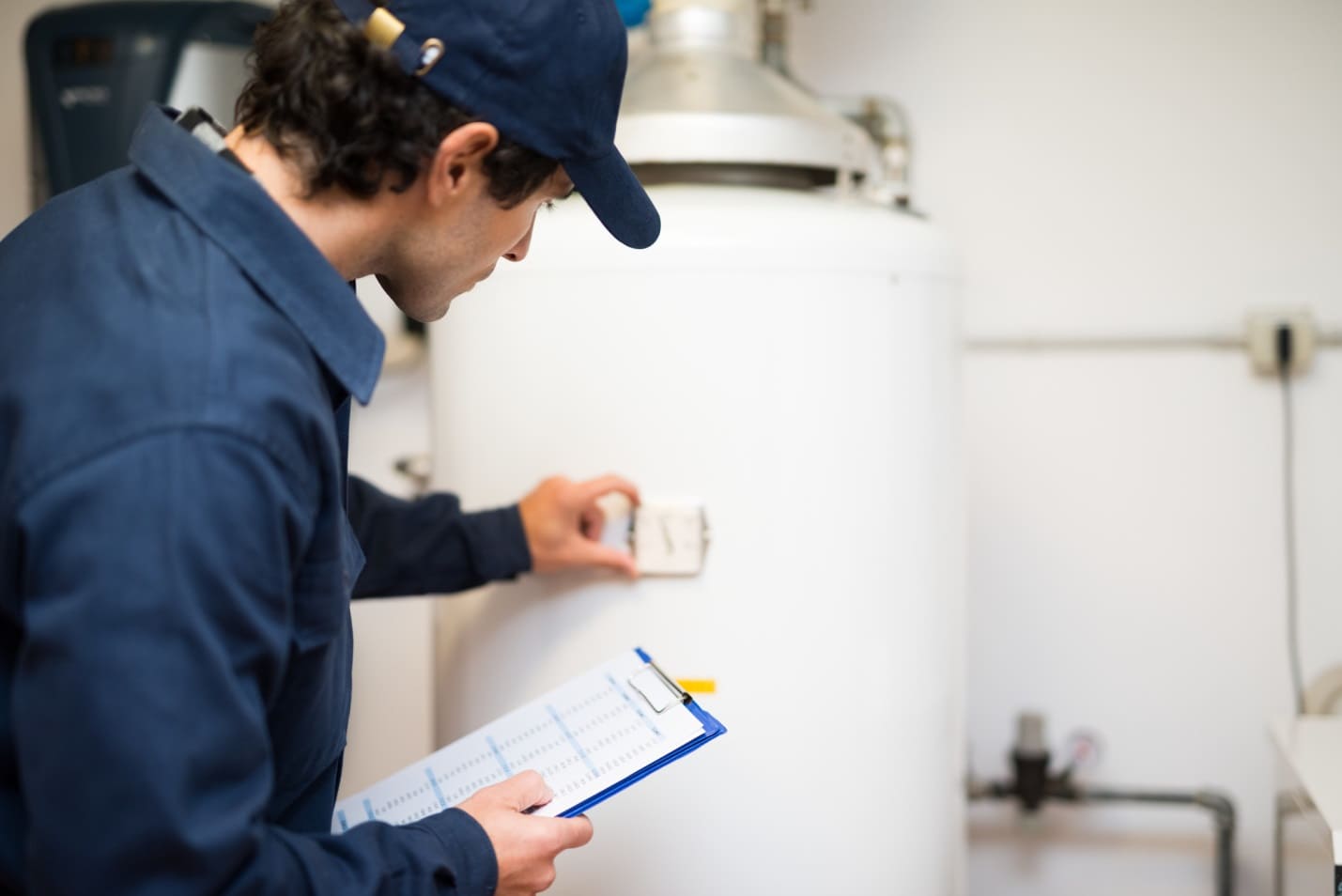It’s that dreaded time of the month again and your energy bill is due. This month, the bill is higher than usual. It could mean your water heater is on its last legs.
Your old water heater uses around eight percent more energy than newer models. Higher energy use means your family leaves a bigger carbon footprint on the world.
Protect the planet and your bank account by replacing out-dated appliances.
How can you tell when it’s time to buy a new water heater? The water heater life expectancy depends on how you use it. Keep reading to see if your water heater is ready for retirement.
How to Determine the Age of Your Water Heater
New homeowners don’t know the age of their water heater. Long-time homeowners often forget when they bought their water heater.
That doesn’t mean you should run out and replace it just in case.
Your first step should be to find the serial number on the water heater. The number will be somewhere in the top half of the heater.
How to read the serial number:
- First letter – This stands for the month the water heater was produced. “A” is for January and it continues until “L” for December.
- First two numbers – States the year the water heater was sold.
For example, a serial number reading C15 means the water heater came out in March 2015.
Some manufacturers use a different system. If you’re confused, contact them to verify the water heater’s age.
Common Problems with Old Water Heaters
Regular maintenance on an old water heater extends it’s life expectancy up to 5 years.
Gas Water Heater Problems
As gas heaters age, they gather corrosive particles. These particles usually stick to the anode rod where they can’t mess up the water tank.
The rods themselves corrode after a few years. Without anything to attract the particles, they touch the bottom of the tank. In time the corrosion will eat through the tank and create a leak.
Backflushing the water heater once a year will slow down the corrosion process.
Electric Water Heater Problems
Like gas heaters, electric water heaters are prone to corrosion issues. The heating elements attract sediment. After a while, the sediment causes the heating element to burn out.
Hard water contains minerals which speed up the corrosion process. It cuts years off the water heater life expectancy.
Do Tankless Systems Have a Longer Water Heater Life Expectancy?
On average, the lifespan of water heaters is seven to 15 years. Tank systems are prone to leaks and bad heating elements.
Sometimes broken parts can be replaced. But if you’re replacing water heater parts multiple times a year, it’s time for a new water heater.
Tankless heating systems don’t store water, so there is less corrosion. These water heaters have a life expectancy of 20 to 30 years.
Don’t Wait Too Long to Replace Your Water Heater
Water heater life expectancy isn’t something to ignore. Left alone, your old water heater can lead to a flood in your home.
Flood clean-up for one inch of water costs over $2,000. You also risk exposing your family to harmful mold spores.
In comparison, a new water heater will cost about $1,000.
Looking for more tips on home improvement? Check out our blog.







